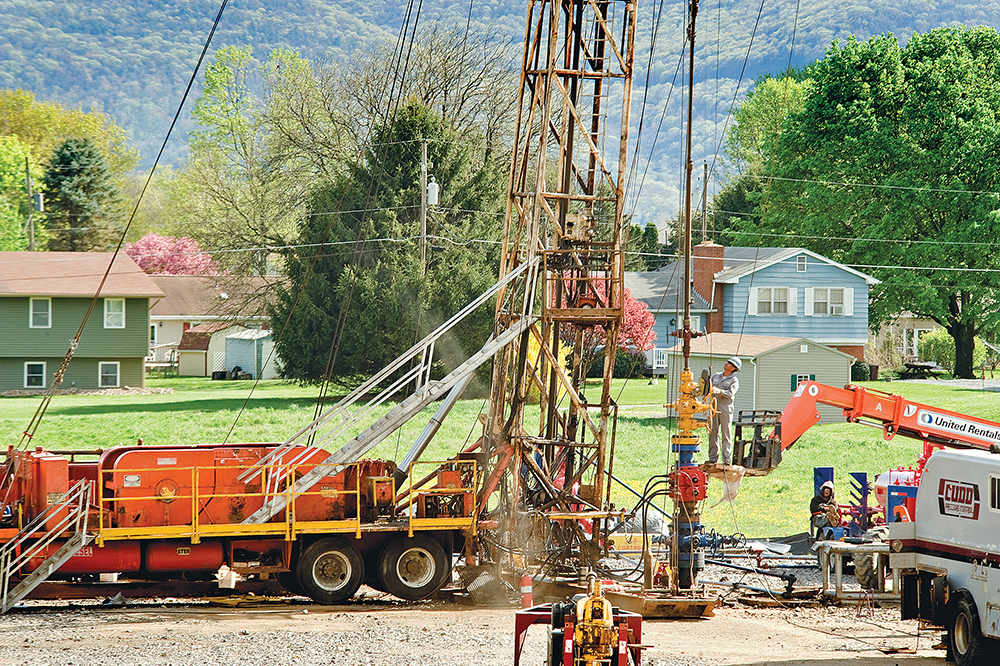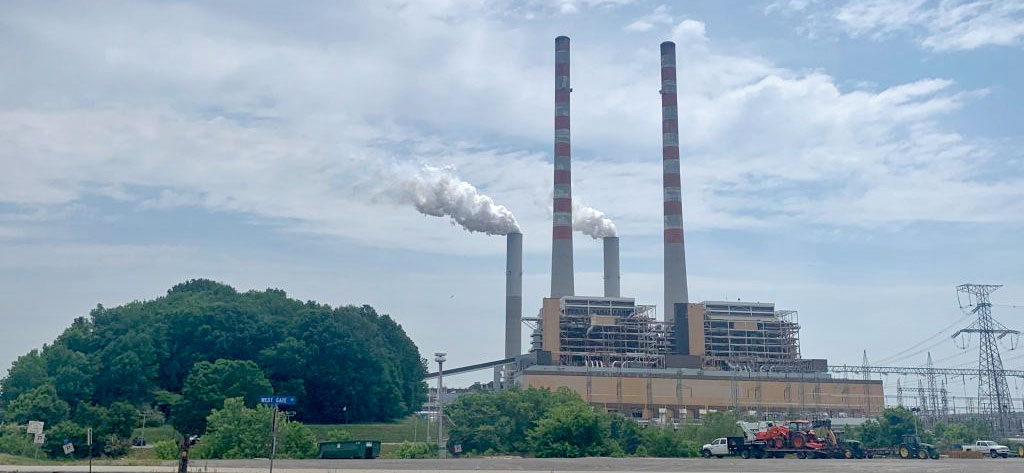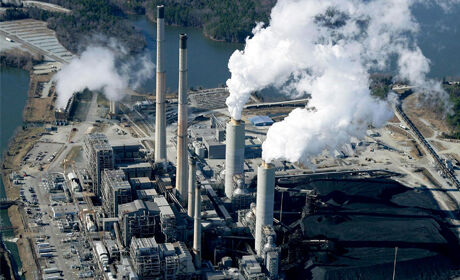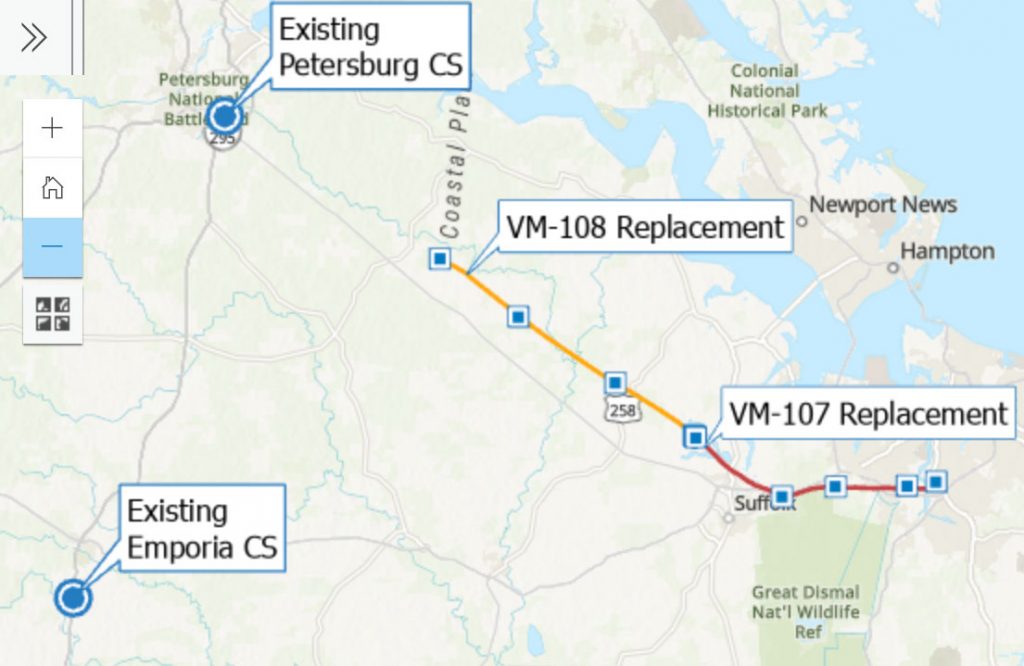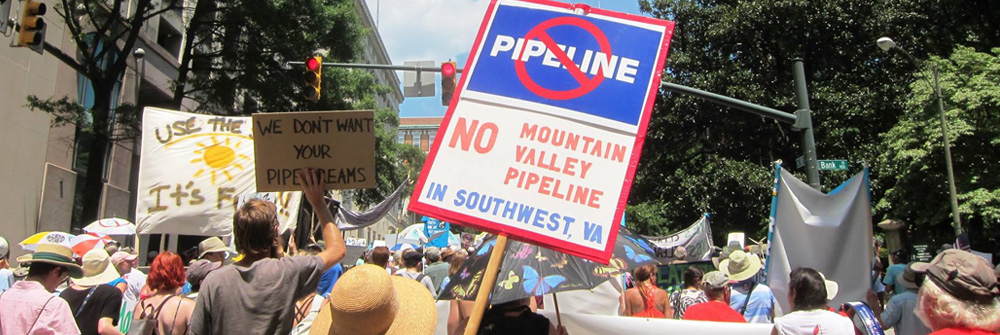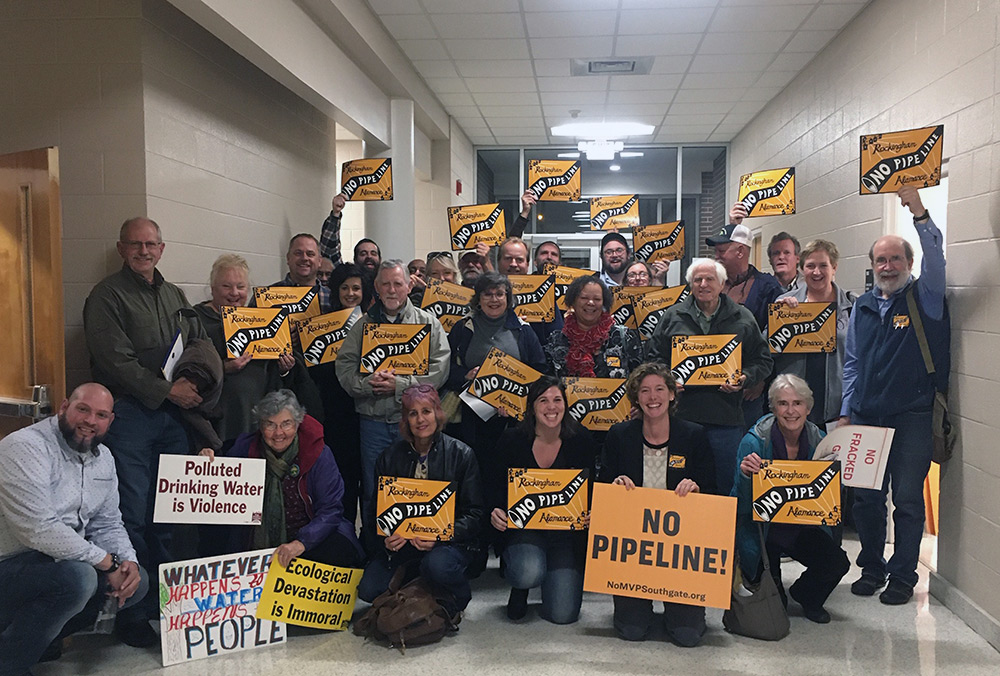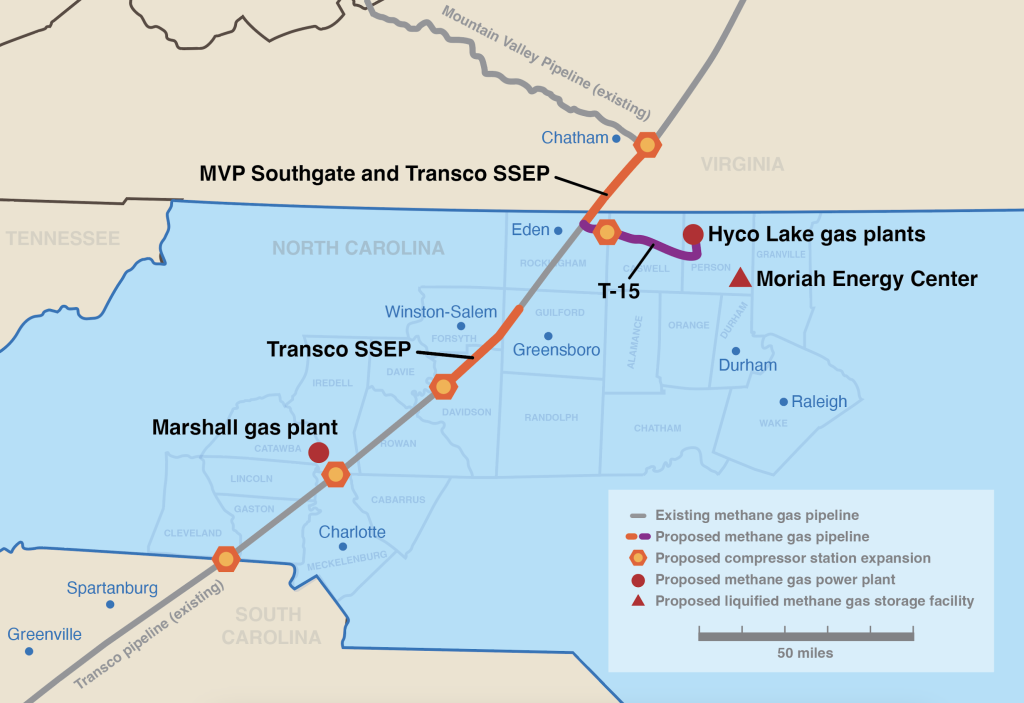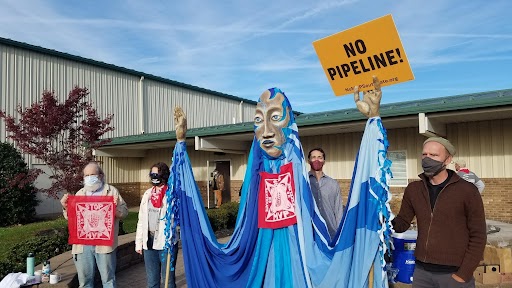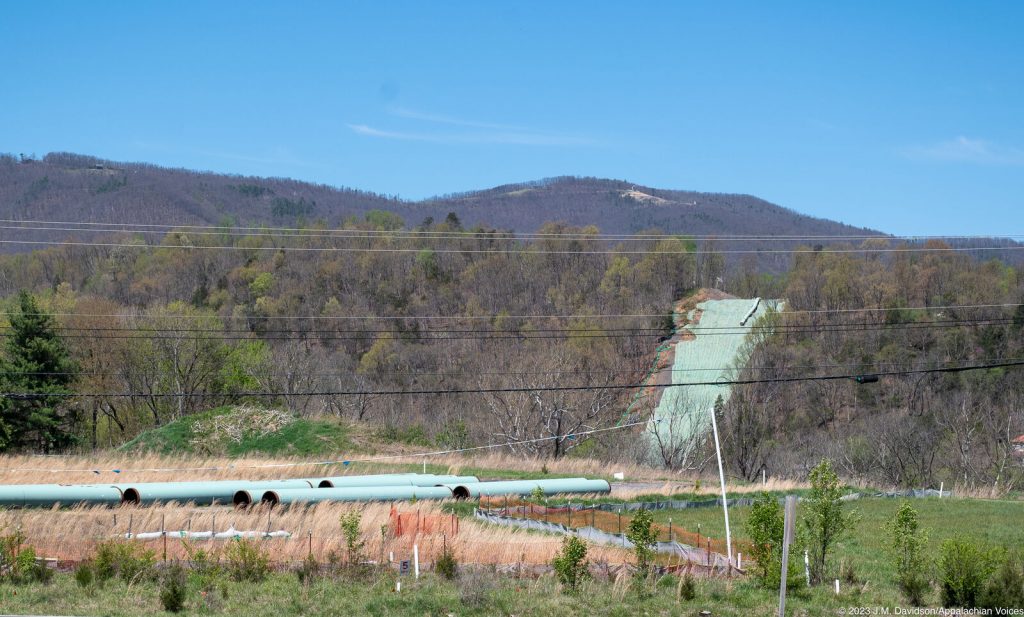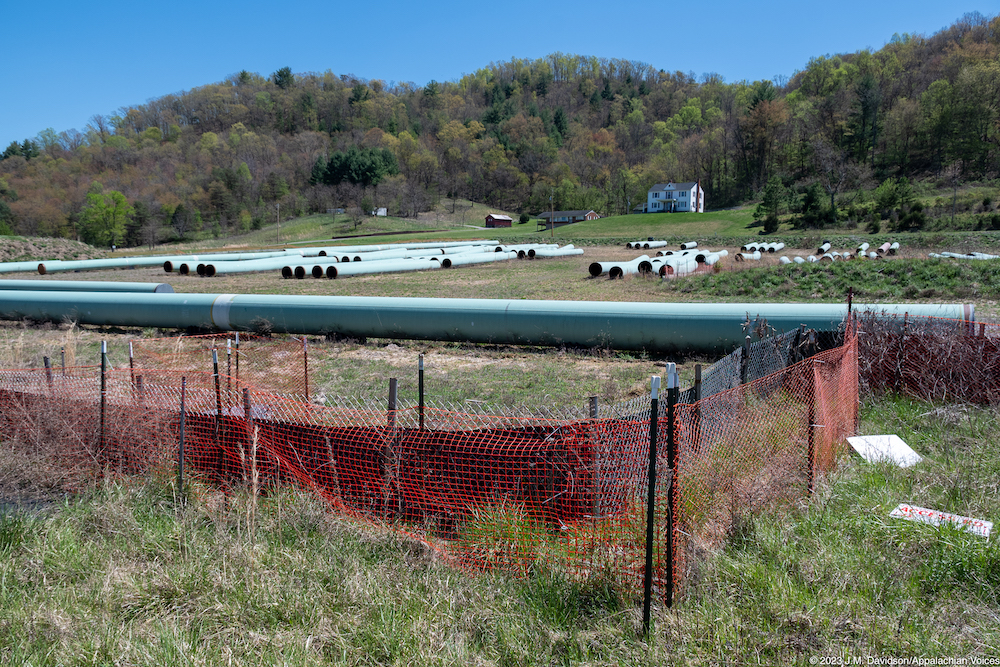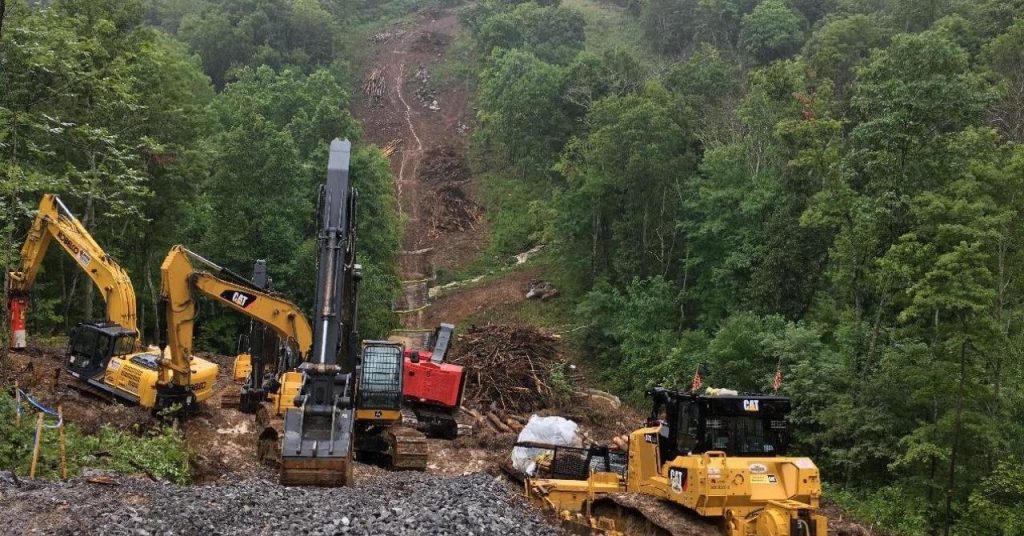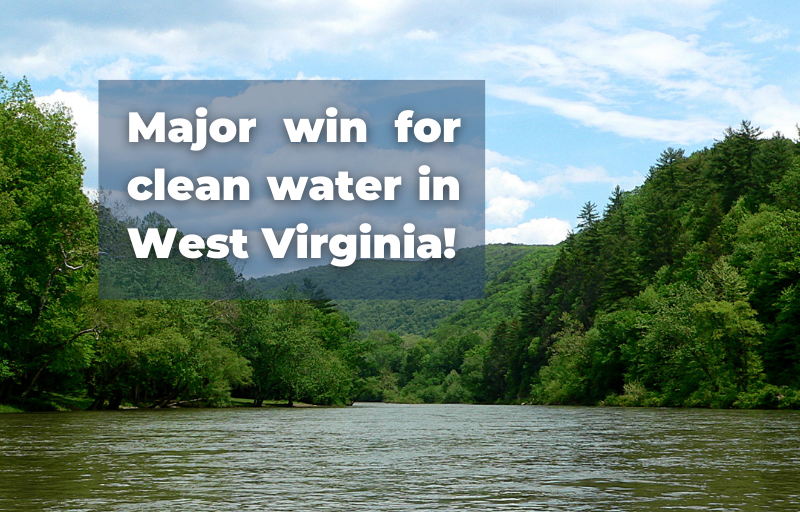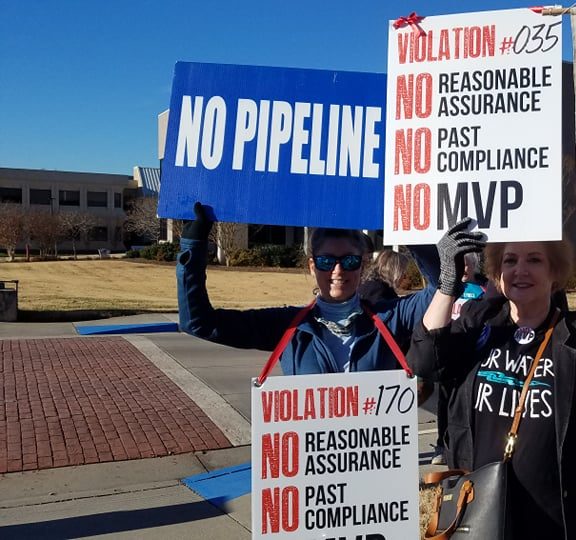Stop Pipelines & Fracked Gas

Photo By Sierra Shamer / Fractracker
Two decades ago, so-called natural gas exploded on the American energy market, pushed by the industry as a supposedly clean “bridge” fuel to transition the economy from dirty coal to renewable sources of electricity generation like solar and wind.
But this gas is far from clean. From the time that it is extracted using a destructive drilling method called fracking, its transport through pipelines, train cars and trucks, to the power plants where it is burned, the dire environmental and human costs of this fossil fuel are now abundantly clear. In particular, this polluting infrastructure is often sited in communities of color, lower-income areas and other environmental justice communities.
Studies show that investments in renewable energy and energy efficiency are on par with, or sometimes more affordable than, building new gas infrastructure. Many states are enacting policies to tap into the rising solar and wind sector. Yet the fossil fuel industry is rushing to build methane gas pipelines and power plants to squeeze as much profit as possible out of the waning fuel, putting most of the financial risk on customers.
Appalachian Voices is tackling the spread of fracked gas head-on by legally challenging fossil fuel proposals and pushing back against the antiquated policies and rubber-stamping agencies that govern the development of gas infrastructure. We are also partnering with communities in the fight against new fossil fuel infrastructure, providing resources and training to bolster local opposition. And we are pressuring decision-makers to force them to consider the harm to communities threatened by polluting energy development.
And the tide is starting to turn. In July 2020, Duke Energy and Dominion Energy canceled the 600-mile Atlantic Coast Pipeline. The massive fossil fuel project was riddled with problems, starting with the fundamental fact it was not needed to meet energy demand. Standing beside the many communities and organizations that made this historic victory possible, we’re taking this momentum and applying it toward the fight against other destructive, climate-harming projects that threaten community safety, our clean air and water, and that would raise electricity costs for residents.

Latest News
Not On This Land: Documentary celebrates the community-led fight against the Atlantic Coast Pipeline
The two screenings brought together people to celebrate the fight that brought down the behemoth ACP. “Not On This Land: The Fight Against the Atlantic Coast Pipeline,” directed by Christopher Landry, profiles some of the West Virginia, Virginia and North Carolina communities who helped defeat the fracked-gas pipeline.
Sen. Joe Manchin re-introduces egregious Mountain Valley Pipeline giveaway
Today, Sen. Joe Manchin introduced a third version of his “permitting reform” bill, the Building American Energy Security Act, which, consistent with past proposals, attempts to override normal regulatory and judicial processes to create a way forward for the Mountain Valley Pipeline.
Statement from Appalachian Voices on U.S. Department of Energy inserting itself into the Mountain Valley Pipeline process
With no current action on the pipeline pending before FERC, the letter is an unnecessary and unusual step by the Biden administration, and one that contradicts the commitment to environmental justice highlighted in the administration’s new executive order signed on Friday.
Groups File Legal Challenge to the Mountain Valley Pipeline’s Biological Opinion
Today, environmental organizations filed a petition for review in federal court challenging a recently issued new biological opinion and incidental take statement under the Endangered Species Act for the Mountain Valley Pipeline.
Court vacates critical West Virginia water permit for Mountain Valley Pipeline
Today, a unanimous panel of the U.S. Court of Appeals for the 4th Circuit vacated the West Virginia Department of Environmental Protection’s Clean Water Act § 401 certification for the Mountain Valley Pipeline, finding that the agency’s justification behind its conclusion that the pipeline would not violate the state’s water quality standards was deficient.
U.S. 4th Circuit Court of Appeals upheld Virginia’s Clean Water Act 401 Permit for Mountain Valley Pipeline
FOR IMMEDIATE RELEASE: Wednesday, March 29, 2023 CONTACT:…

